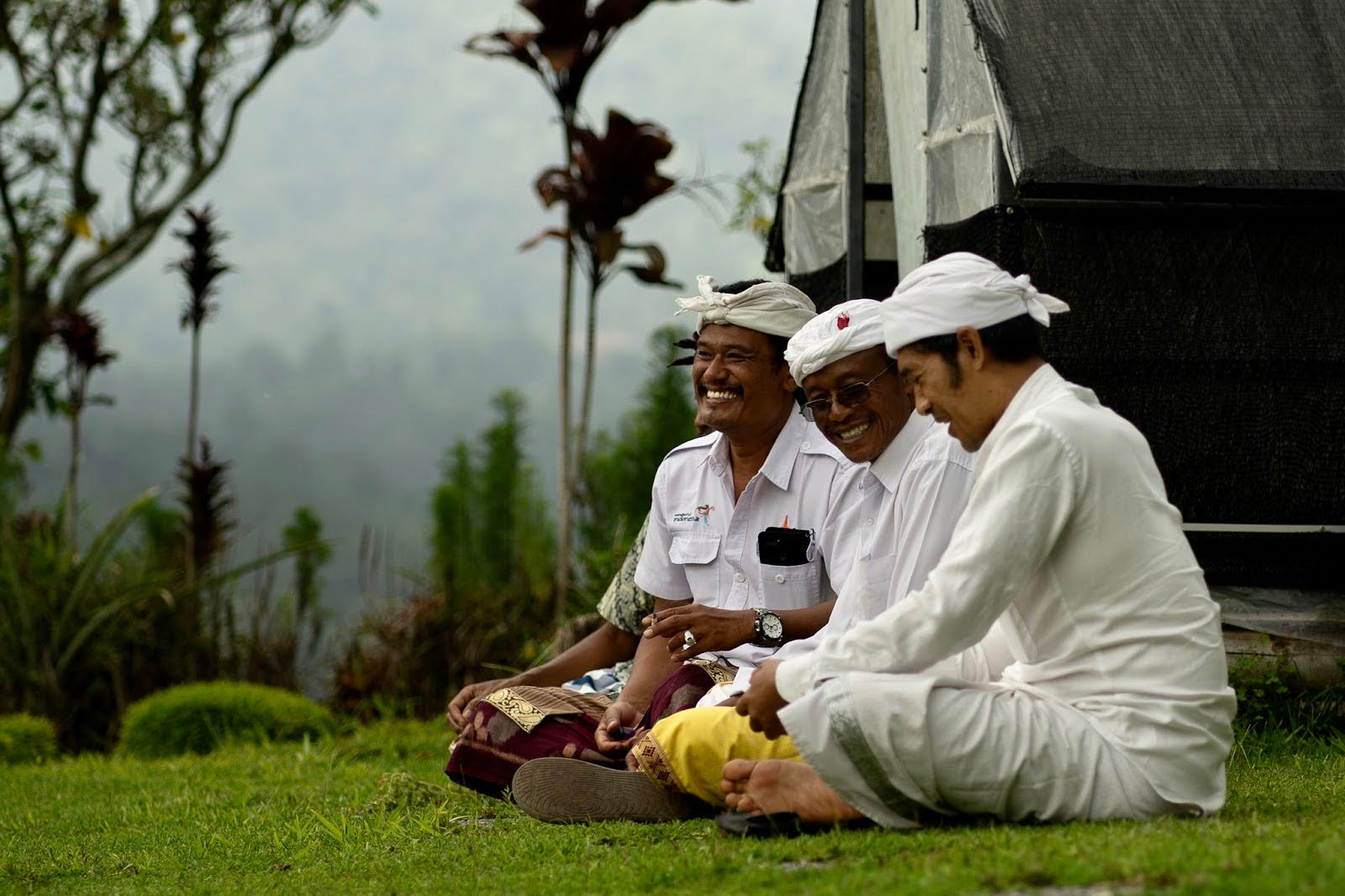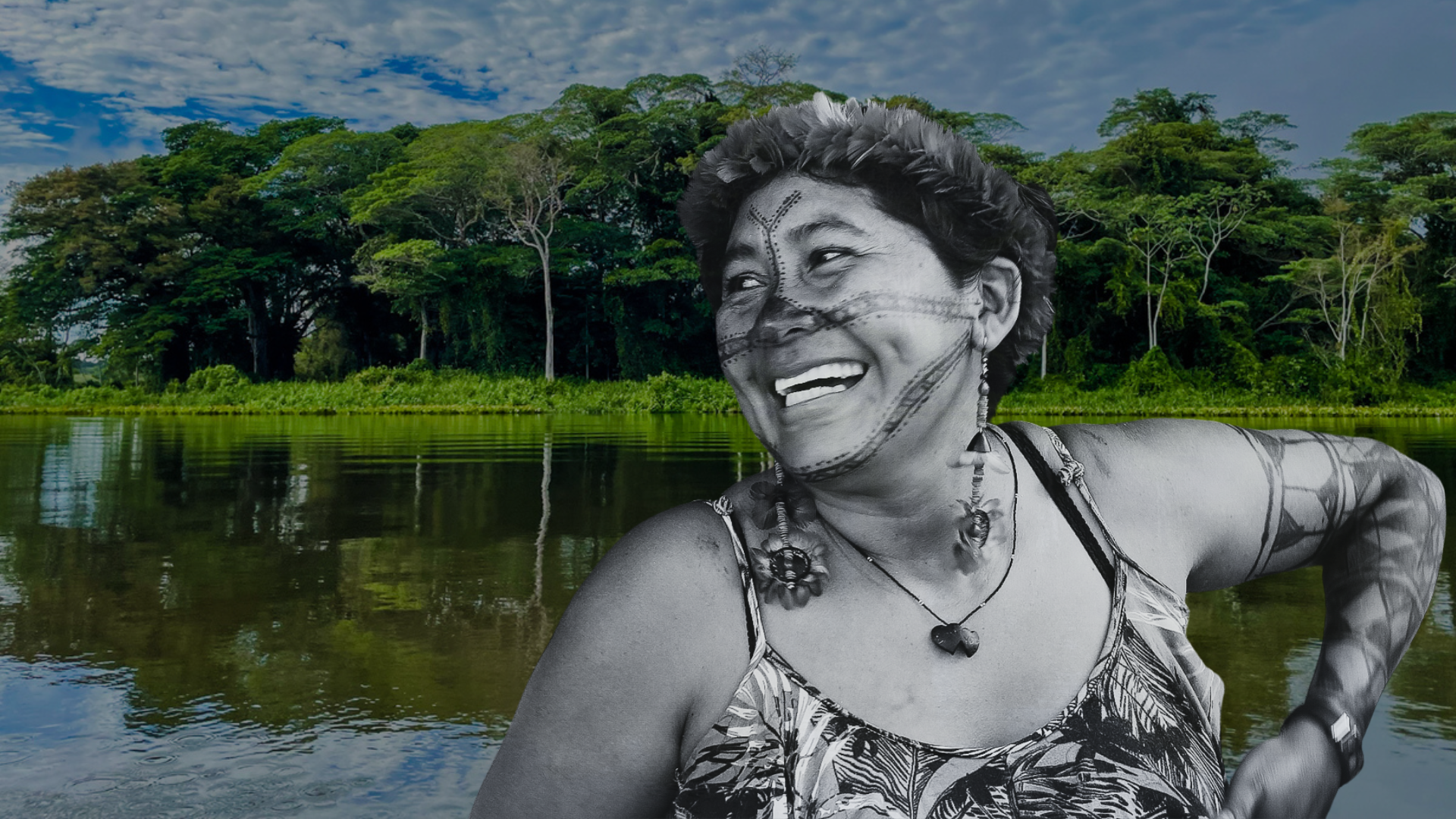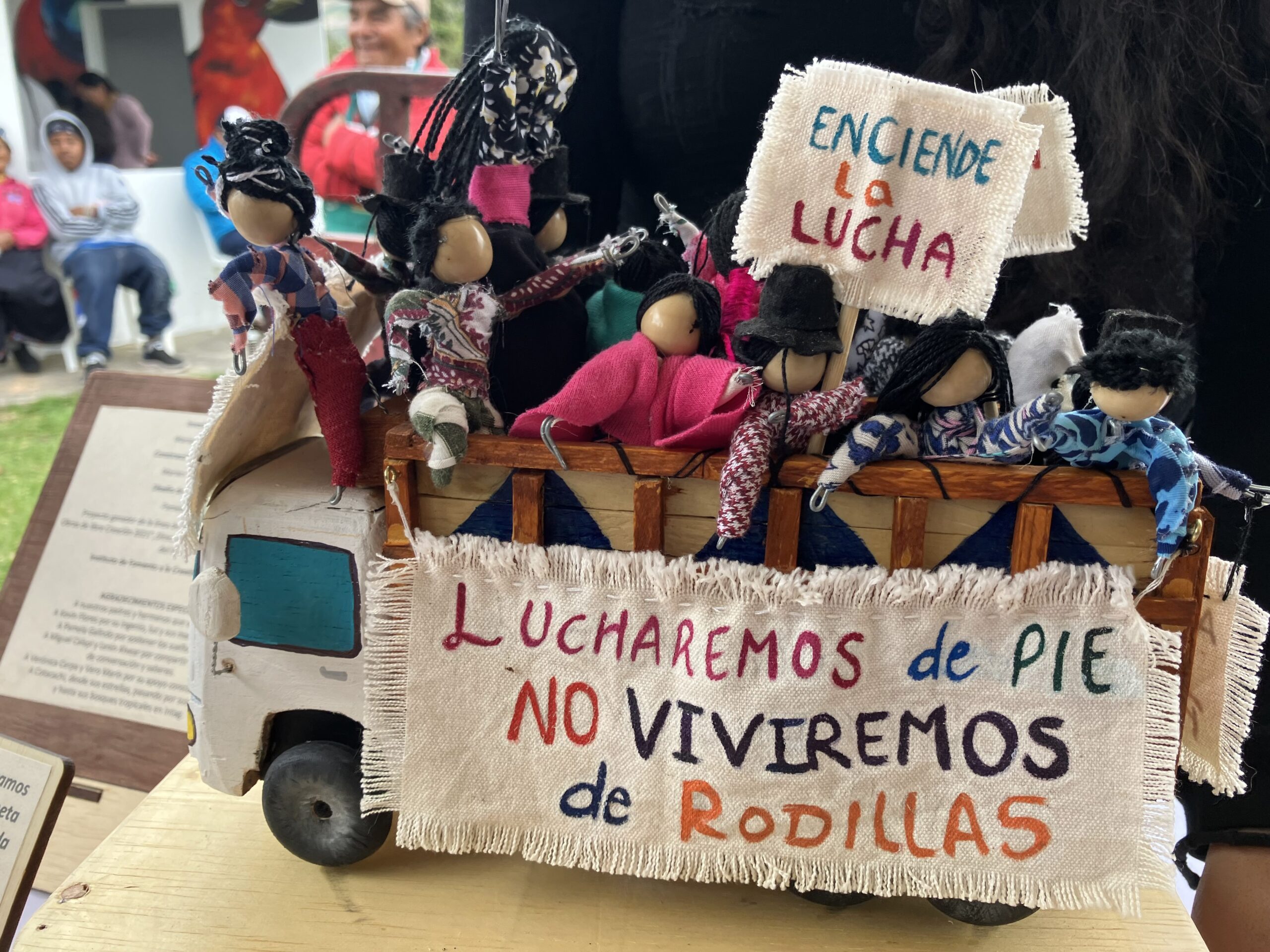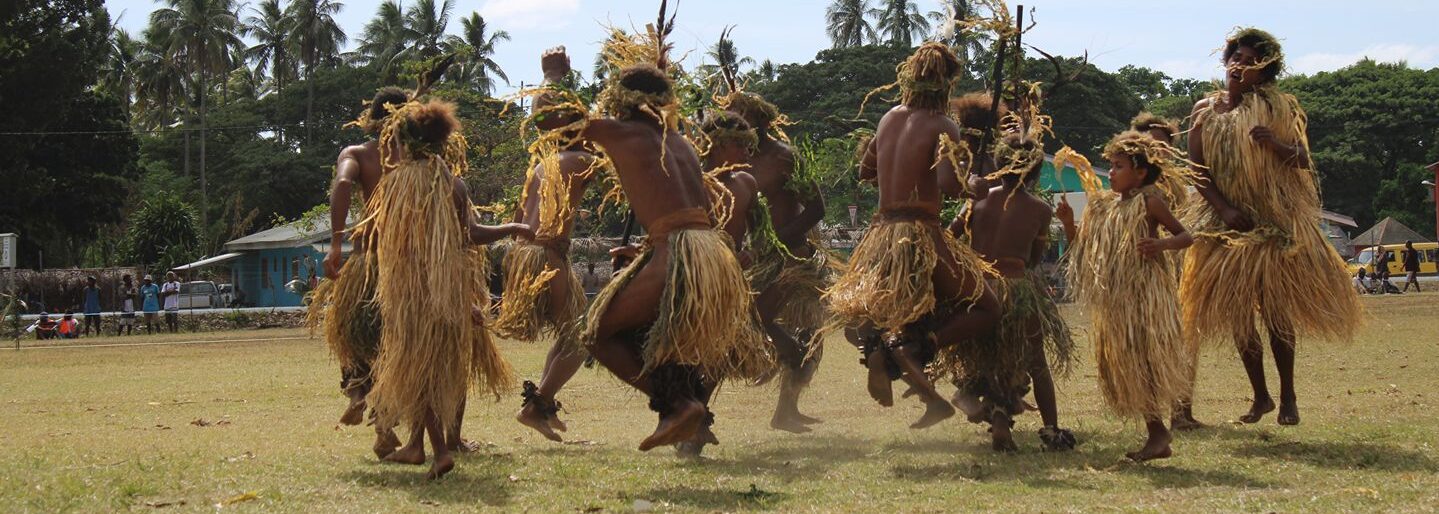Founded in 2006 | Thousand Currents Partner since 2021
Vanuatu Indigenous Land Defense Desk
Defending Indigenous land rights and traditional knowledge in the Pacific
Vanuatu Indigenous Land Defense Desk (VILDD) is a community based organization which was founded in 2006 to defend Indigenous territories, culture, and traditional knowledge. VILDD works closely with other grassroots networks and allies like Indigenous chiefs and clans, the Presbyterian Church of Vanuatu, and schools. Its program areas include defense of Indigenous lands and territories, defense of traditional knowledge, women’s leadership development, food sovereignty and climate justice.
VILDD is currently working on:
1. Defense of land and territories: VILDD’s key focus is to promote Traditional Resource Management (TRM) model, which refers to their Indigenous land/marine tenure system. They have been fighting against any attempts from the state to control land via western models of land tenure which aim to privatize and register individual land titles. The state has frequently grabbed lands without permission from Indigenous communities. VILDD works closely with local chiefs and clans to mobilize communities against land grabs and extractive projects. VILDD has been defending the TRM against western models of conservation, including progressive models like the Community Conserved Areas (CCAs), which have been widely supported by Indigenous communities in other parts of the world. VILDD believes that CCAs lead to a demarcation and institutionalization of the territory bringing it under the ambit of the state rather than sitting under community governance.
2. Hosting regional connections: VILDD is the host of the main regional formation defending indigenous territorial rights in Melanesia called the Melanesian Indigenous Land Defense Alliance (MILDA). MILDA brings together groups from Vanuatu, Fiji, Solomon Islands, Papua New Guinea, New Caledonia, and Bougainville. MILDA has been participating in several international and regional networks and policy spaces like the UNFCCC.
3. Food sovereignty: VILDD has been conducting slow food campaigns in universities and schools. They have succeeded in shifting school meals towards Indigenous foods and included political education within the curriculum to valorize Indigenous culture and food.
4. Traditional knowledge: VILDD stresses on the importance of traditional knowledge held by communities to the conservation of their territories and as a source of livelihood. VILDD organizes several festivals and bio cultural activities related to the revival of traditional knowledge – these include workshops on canoe making, local weaving using traditional plants, architecture using local materials, and many others.
Related Stories




